Since you asked...
WHAT SHOULD I EXPECT DURING MY FIRST SESSION?
For your first session, you are asked to arrive 10-15 minutes early to fill out some intake paperwork. During the session, we will review the intake information you've shared and get a better idea of what brings you to counselling. We will begin to explore the history of the problem(s), and how it is impacting your life today. During this session, you and I will develop some basic goals for counselling and discuss possible paths to get there. I will also do my best to answer any questions you have about counselling and the process.
IS COUNSELLING CONFIDENTIAL?
Yes, within a few legal limits. Confidentiality is the cornerstone of the client-counsellor relationship. Part of what makes counselling effective is that it's a unique space where a person can talk about things they may never have shared before or that they're uncomfortable talking about with their friends or family. Confidentiality helps create trust and safety in the counsellor-client relationship. It allows clients to feel safe looking at and working through problems in a way they might be unable to in the rest of their relationships. It is also one of the counsellor's highest ethical duties.
There are a few situations when a counsellor is legally bound to break confidentiality: 1) if a child is or may be at risk of abuse or neglect; 2) if you or another person is at clear risk of imminent harm; 3) if the counsellor's clinical records are subpoenaed by court order or if the disclosure is otherwise required by law. If you have questions about these limits to confidentiality, please let me know.
I'm not in crisis and I DON'T HAVE A MENTAL ILLNESS... how can counselling help me?
I find that counselling can be tremendously helpful simply when we're feeling "stuck" in one (or many) area(s) of life. And haven't we all been there at some point? Whether we're stuck in unhelpful or negative thought cycles, relationship patterns, behaviours/habits, or social routines, many of us have at some time gotten to the point where we throw our hands up and say, "I'm stuck! I know something needs to change, but I just don't know what or how to do it." This is a great time to seek out the help of an unbiased professional such as a counsellor who is trained to help people break through these blocks, better understand how they got where they are, and make a plan for moving forward successfully.
And, true, many people seek out counselling when they're in emotional distress, experiencing mental health struggles such as depression or anxiety, or in need of support outside of their usual support network. Counsellors are trained to help people in these more urgent situations and counselling can be effective in helping cope through life's most challenging times as well as through everyday ups and downs.
WHAT DOES THE TERM 'REGISTERED CLINICAL COUNSELLOR' MEAN?
The term 'Registered Clinical Counsellor' (RCC) is a designation of the British Columbia Association of Clinical Counsellors (BCACC). The BCACC maintains high ethical and academic standards for its members. The RCC designation indicates that the counsellor is accountable for ethical practices under the BCACC's standards of practice and code of ethics; holds a minimum of a master’s degree in counselling psychology or a related field; has satisfied clinical experience and supervision requirements; and has submitted a clear criminal record check.
WHAT DOES THE TERM 'CANADIAN CERTIFIED COUNSELLOR' MEAN?
The term 'Canadian Certified Counsellor' (CCC) is a designation of the Canadian Counselling and Psychotherapy Association (CCPA). Obtaining the status of Canadian Certified Counsellor (CCC) includes recognition of standards of professional preparation and education, continuing education, a formal code of ethics, and a complaint and disciplinary process.
IS COUNSELLING COVERED BY EXTENDED MEDICAL INSURANCE?
Many extended health insurance providers cover visits with a Registered Clinical Counsellor (RCC) or with a Canadian Certified Counsellor (CCC). You can ask your extended health provider or your human resources representative at work. If your current plan does not cover visits with an RCC or CCC, this can often be added to your company's plan without additional charge.
Do you see clients who are approved through the crime victims assistance program?
Absolutely. Please let us know that you are approved through CVAP when you book your appointment.

